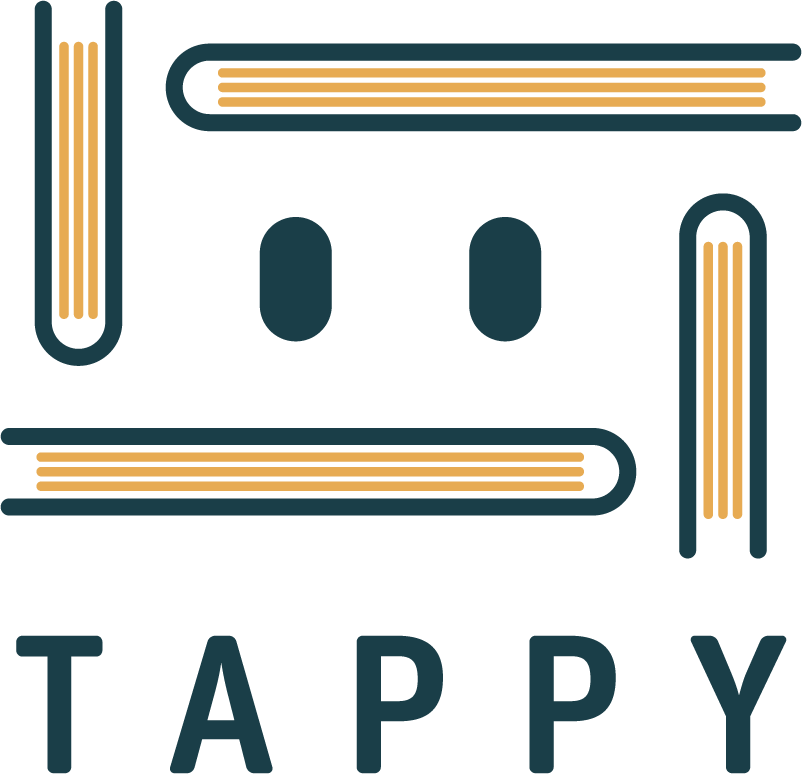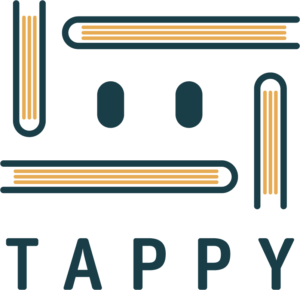Back to: Welcome to the AI Literacy Course for Teachers!
Lesson Objectives:
- Discover how AI is already a part of our everyday lives
- Explore real-world examples of AI applications across various industries
- Understand the potential impact of AI on society and the economy
Picture this: you wake up in the morning, and your smart home assistant greets you with a personalized news briefing and weather report. As you scroll through your social media feed, AI algorithms curate content tailored to your interests. On your way to work, you use a ride-sharing app that relies on AI to optimize routes and match you with nearby drivers. These are just a few examples of how AI is seamlessly integrated into our daily lives.
AI Everywhere: From Virtual Assistants to Autonomous Vehicles
AI applications span across various industries, revolutionizing the way we live, work, and interact with technology. Let’s take a look at some exciting examples:
- Virtual Assistants: AI-powered virtual assistants like Siri, Alexa, and Google Assistant have become our go-to helpers for tasks ranging from setting reminders to controlling smart home devices.
- Recommendation Systems: Streaming platforms like Netflix and Spotify use AI to analyze your viewing and listening history, providing personalized recommendations that keep you hooked.
- Fraud Detection: Banks and financial institutions employ AI to detect and prevent fraudulent transactions in real-time, protecting your hard-earned money.
- Healthcare: AI is transforming healthcare by assisting in early disease detection, drug discovery, and personalized treatment plans. From analyzing medical images to predicting patient outcomes, AI is revolutionizing patient care.
- Autonomous Vehicles: Self-driving cars, powered by AI, are no longer a thing of the future. Companies like Tesla and Waymo are leading the charge in making autonomous transportation a reality.
The Impact of AI on Society and the Economy
As AI continues to permeate various aspects of our lives, it’s crucial to consider its broader implications for society and the economy. While AI has the potential to drive innovation, increase efficiency, and solve complex problems, it also raises important questions about job displacement, privacy, and ethical considerations.
On the economic front, AI is expected to boost productivity and create new job opportunities in fields like data analysis, software development, and AI ethics. However, it may also automate certain tasks, leading to job losses in some sectors. As educators, it’s our responsibility to prepare students for this evolving landscape by fostering adaptability, critical thinking, and skills that complement AI technologies.
Embracing AI in Our Daily Lives
As we’ve seen, AI is already an integral part of our daily lives, and its influence is only set to grow in the coming years. By understanding the various applications of AI and its potential impact, we can better navigate this exciting technological landscape and harness its power for the benefit of ourselves and our students.
In the next lesson, we’ll dive deeper into the world of AI by exploring its key subsets: Machine Learning and Deep Learning.

